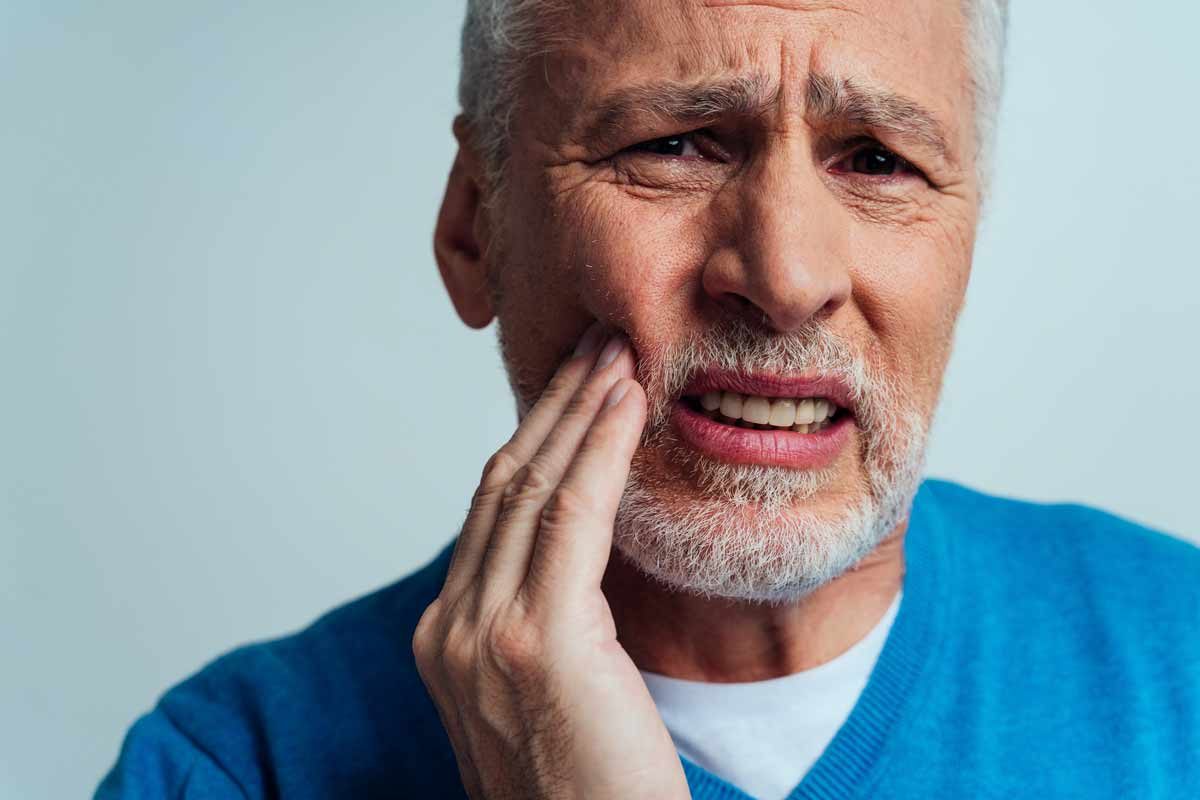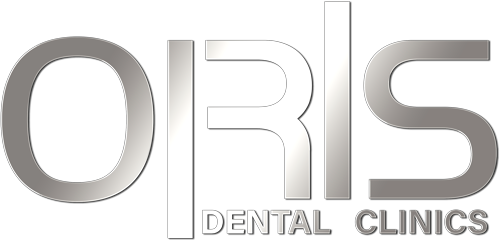The human papillomavirus, often known as HPV, infects around 75 percent of sexually active people in Canada. There are more than forty different forms of HPV. However, the immune system eliminates most of them from the body without any adverse health effects, as stated by the CDC.
However, some strains of HPV may cause infections in the mouth and throat. But high-risk strains are related to head and neck malignancies, also known as oropharyngeal cancers. They affect the mouth, throat, tonsils, and back of the tongue. Low-risk strains may cause mouth or throat warts. Oral cancer is one kind of head and neck cancer, among many others. According to research conducted by the CDC, around seven percent of individuals have oral HPV. Still, only one percent have the form of oral HPV associated with head and neck cancers.
Cancers Associated with Human Papillomavirus (HPV)
Certain strains of the human papillomavirus (HPV) are responsible for the development of warts, while others may develop certain cancers. One of the most well-known connections is that infection with the human papillomavirus (HPV) is the root cause of all cervical cancer cases. Additionally, the human papillomavirus (HPV) has been linked to mouth and throat cancers. These tumours, caused by HPV, are often less aggressive than cancers that originate in these locations for other reasons.
Cancer of the oropharynx, which includes the tonsils, the base of the tongue, and the back of the throat, may be caused by an HPV infection. It can also infect the mouth and the throat.
Oropharyngeal cancer diagnosis rate in men is two times higher than in women. This disparity is mainly attributable to frequent behaviours men engage in that raise their risk of developing cancer, such as smoking, drinking excessively, and eating an unhealthy diet. In addition, males are more likely to be exposed to hazardous chemicals on the job. It raises the level of danger they face.

Treatment Options for HPV
The location and stage of your throat cancer, the kind of cells involved, whether the cells exhibit evidence of HPV infection, your general health, and your personal preferences are just a few of the variables that influence your oropharyngeal cancer treatment choices. The appropriate course of action will be chosen for your situation and objectives after your care team has discussed each choice’s advantages and disadvantages.
Treatments may consist of:
- radiation treatment
- Surgery to get rid of cancer that hasn’t spread.
- Surgery to remove parts of your throat, voice box, or lymph nodes
- Chemotherapy
- drug treatment
- Immunotherapy
Avoiding Mouth & Throat Cancers
Although there is no known method to prevent throat and mouth cancer, you may take the following measures to reduce your risk:
Get an HPV Vaccination
The CDC discovered that immunization might prevent 92% of HPV-related cancers. According to the CDC, all 11 and 12-year-olds should now get two doses of the HPV vaccination, spaced at least six months apart. Up to age 26, teens and young adults may also get vaccinations. After consulting with their doctors, some individuals between the ages of 27 and 45 may elect to get the HPV vaccination. If you cannot get the HPV vaccine, you may reduce your risk of infection by limiting the number of partners you have intercourse with and wearing a condom or dental dam each time.
Avoid Smoking & Using Tobacco
Quit smoking or using smokeless tobacco. It might be difficult to quit, so discuss smoking cessation methods, including medication, counselling, and nicotine replacement therapies, with your medical team.

If You Do Drink Alcohol, Do It Moderately
If you decide to consume alcohol, do so sparingly. For healthy people, it translates to a maximum of one drink for women and two for men per day.
Eat a Lot of Fruits and Veggies in Your Diet
Fruits and vegetables include vitamins and antioxidants that may lower your risk of throat cancer. Consume a wide range of fruit and vegetable varieties.
Contact us and book and appointment to visit us in Richmond Hill, Toronto, if you have any typical respiratory symptoms, such as a persistent cough, sore throat, or swollen neck glands.




